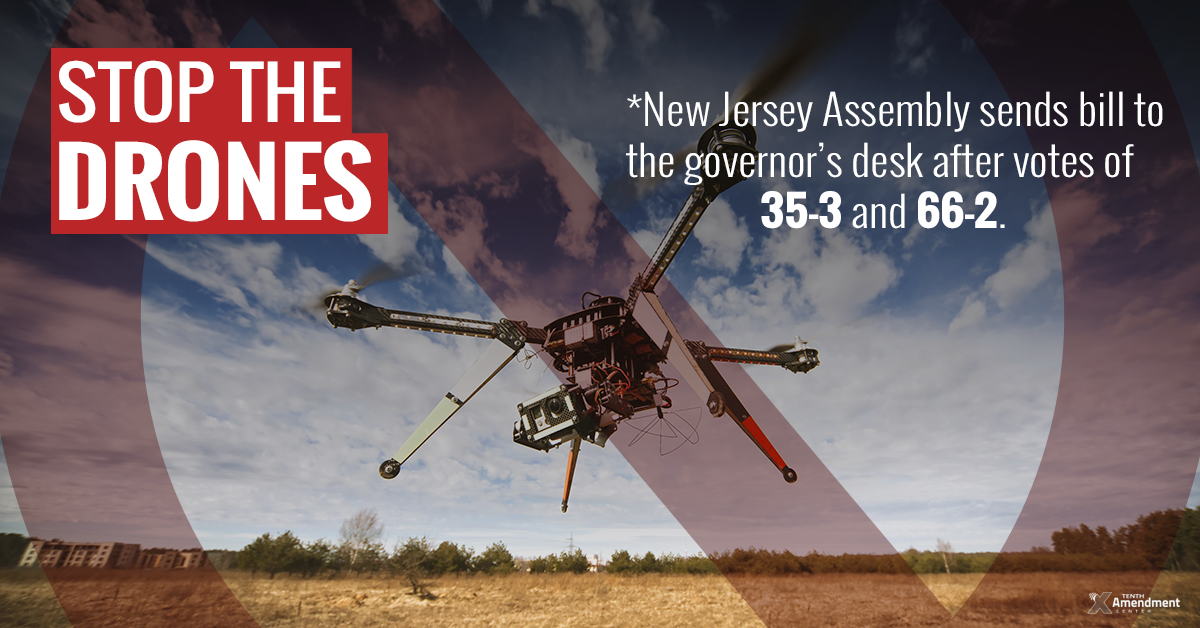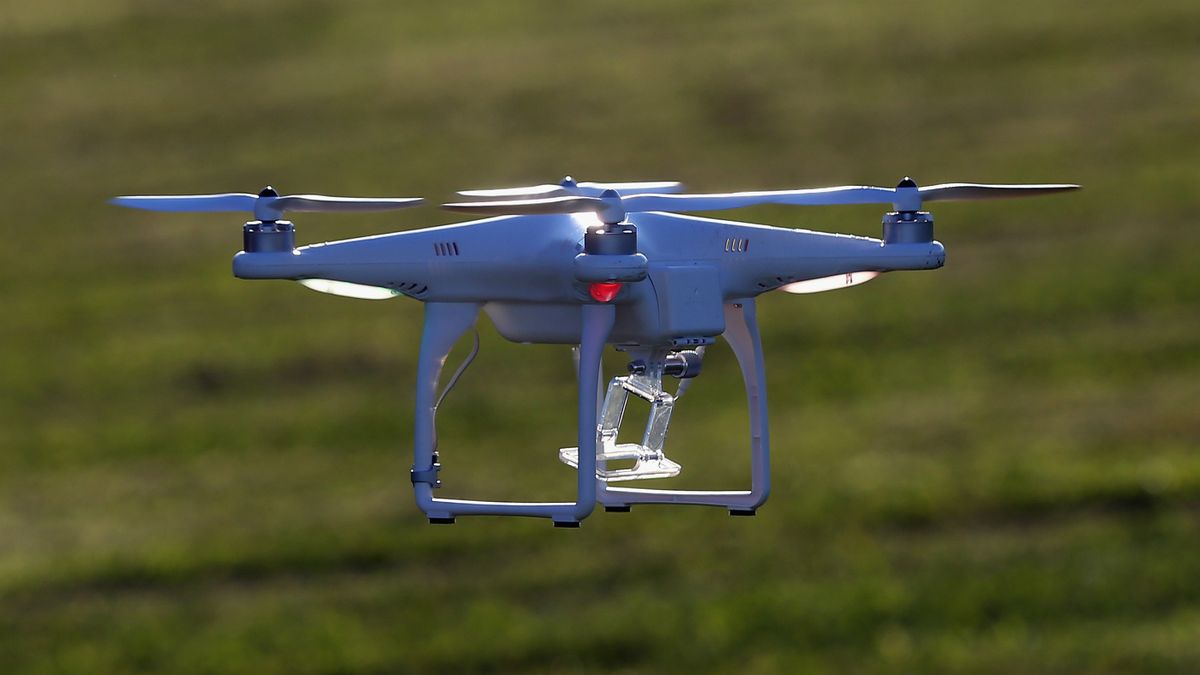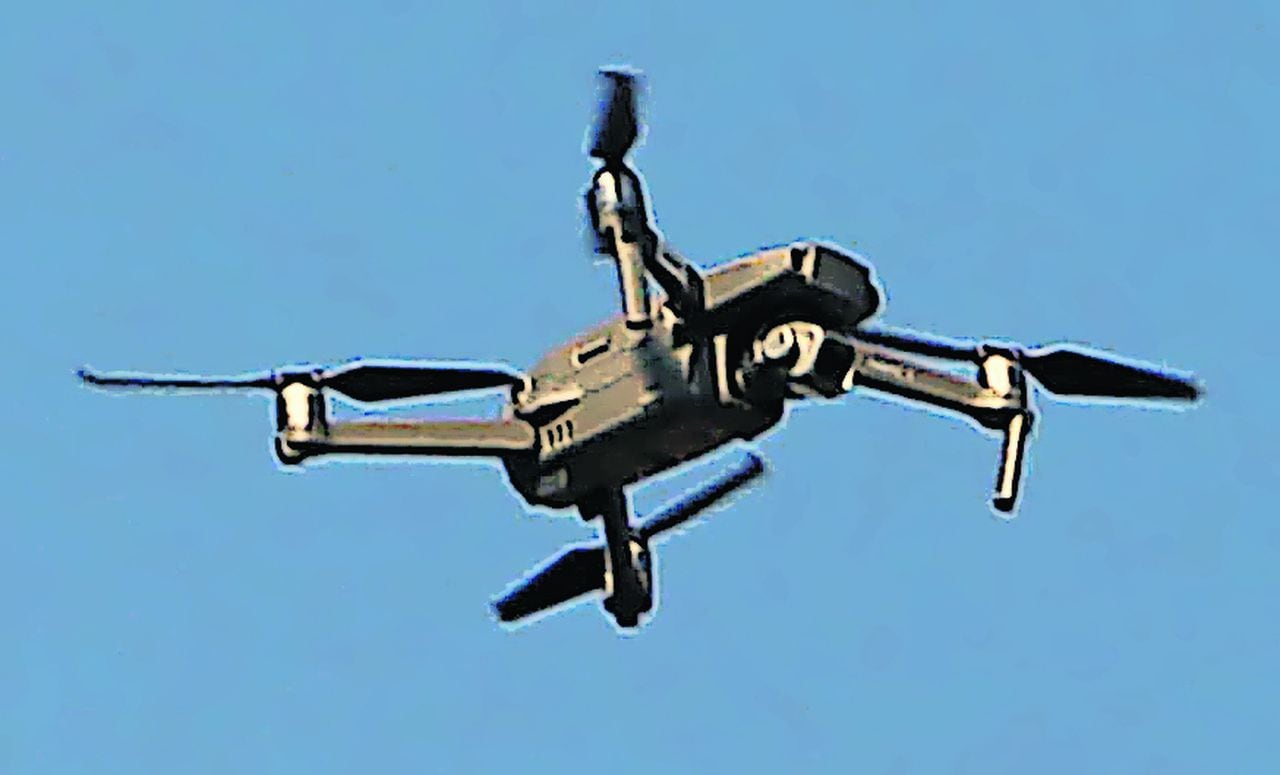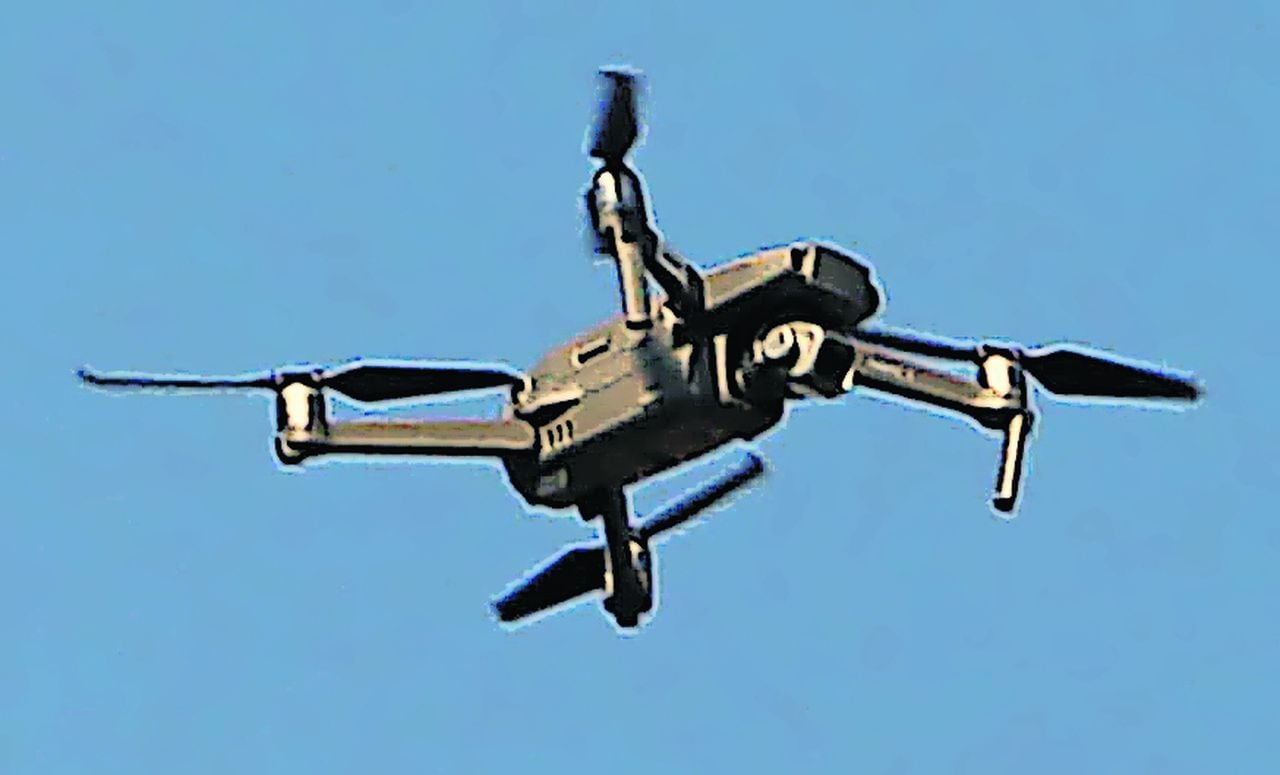Drones Over New Jersey Solved: This exploration delves into the evolving landscape of drone usage within the Garden State, examining both the challenges and triumphs. From legal frameworks and technological advancements to public perception and practical applications across various industries, we unravel the complexities surrounding drones in New Jersey, highlighting successful resolutions to past incidents and offering a glimpse into the future of this rapidly expanding technology.
The recent drone activity over New Jersey has finally been addressed, with authorities implementing new regulations. This highlights the importance of reliable surveillance, much like the real-time monitoring provided by the coquihalla weather camera , which offers valuable insights into challenging conditions. Ultimately, improved monitoring systems, whether for weather or airspace, contribute to better safety and security for everyone.
We’ll investigate the legal parameters governing drone operation in New Jersey, comparing them to neighboring states and analyzing real-world cases. We’ll also explore the most common types of drone-related incidents, detailing their causes, solutions, and the technological innovations employed to mitigate future occurrences. Finally, we’ll consider the role of drones in public safety and their integration into diverse sectors like agriculture and construction, illustrating their positive contributions while acknowledging potential risks.
Drone Operations in New Jersey: A Comprehensive Overview

The increasing prevalence of drones in New Jersey necessitates a thorough understanding of their legal implications, operational aspects, and societal impact. This article examines various facets of drone usage within the state, focusing on legal frameworks, incident analysis, technological solutions, public safety considerations, industrial applications, and public perception.
New Jersey Drone Laws and Regulations, Drones over new jersey solved
New Jersey’s drone regulations align with federal guidelines established by the Federal Aviation Administration (FAA), while also incorporating state-specific provisions. These laws primarily focus on safe and responsible drone operation, aiming to prevent accidents and protect public safety. Key aspects include registration requirements for certain drone types, limitations on flight altitudes and proximity to airports, restrictions on flying over populated areas without proper authorization, and prohibitions against unauthorized surveillance.
Penalties for violating these regulations can range from fines to criminal charges, depending on the severity of the infraction. For instance, reckless operation leading to property damage or injury could result in substantial fines and even jail time. Compared to neighboring states like New York and Pennsylvania, New Jersey’s drone laws are relatively similar, though specific nuances in enforcement and permitted exceptions may vary.
A notable case involved a drone operator who illegally filmed a private event, resulting in a significant fine and legal action.
| Aspect | Regulation | Penalty | Comparison to Neighbors |
|---|---|---|---|
| Registration | Required for certain drone weights and uses | Fines | Similar to NY and PA |
| Flight Altitude | Restricted near airports and populated areas | Fines, potential jail time | Generally consistent |
| Privacy | Strict limitations on surveillance without consent | Civil and criminal penalties | Similar, with variations in specific interpretations |
| Operation near critical infrastructure | Prohibited without specific authorization | Significant fines, potential criminal charges | Similar restrictions |
Common Drone Incidents in New Jersey
Reported drone incidents in New Jersey encompass a range of scenarios, including accidental crashes, unauthorized flights near airports or sensitive areas, and instances of drone misuse for illegal activities such as smuggling or surveillance. Several notable solved cases have involved drones causing near misses with aircraft, leading to improved safety protocols and stricter enforcement of airspace regulations.
- Accidents: A drone malfunction resulting in a crash into a residential area, prompting stricter regulations on drone maintenance and pre-flight checks. Solution: Enhanced public awareness campaigns on safe drone operation and maintenance.
- Misuse: A drone was used to illegally film a private event, leading to legal action against the operator. Solution: Increased enforcement of privacy laws related to drone usage.
- Illegal Activities: A drone was used in an attempt to smuggle contraband into a correctional facility, resulting in the arrest of the operator and improved security measures. Solution: Deployment of drone detection technology at correctional facilities.
Technological Solutions for Drone-Related Problems

Technological advancements offer effective solutions to mitigate drone-related risks. Drone detection systems utilizing radar, radio frequency (RF) sensors, and computer vision are increasingly deployed in New Jersey to identify and track unauthorized drones. These systems can alert authorities to suspicious drone activity, allowing for timely intervention and preventing potential threats. Counter-drone technologies, including jamming and net-based capture systems, are also being explored to neutralize rogue drones.
The effectiveness of these solutions depends on factors such as range, accuracy, and ability to distinguish between authorized and unauthorized drones.
A hypothetical improved system for drone monitoring and response in New Jersey could integrate various detection technologies into a centralized network, providing real-time situational awareness and enabling coordinated responses by law enforcement and other relevant agencies. This system could also incorporate automated alerts and incident reporting features to streamline response times and improve overall efficiency.
Public Safety and Drone Operations
Drones are increasingly utilized by law enforcement and emergency services in New Jersey for various public safety applications. These include search and rescue operations, crime scene investigation, traffic management, and infrastructure inspections. Stringent safety protocols are followed during these operations, including risk assessments, pre-flight checks, and the use of trained personnel. Successful deployments have included the use of drones to locate missing persons in challenging terrain and to assess damage after natural disasters.
Despite their benefits, risks associated with drone usage in public spaces exist. These include potential collisions with aircraft or people, privacy violations, and the possibility of drones being used for malicious purposes. A comprehensive risk assessment is crucial before any drone deployment, and robust safety protocols are essential to mitigate these risks.
A flowchart illustrating the decision-making process for drone deployment in emergency situations would involve steps such as assessing the situation, determining the suitability of drone deployment, obtaining necessary approvals, conducting pre-flight checks, executing the operation, and post-mission debriefing.
The recent drone activity over New Jersey has been resolved, thankfully. Understanding airspace monitoring is crucial, and systems like those used for observing weather patterns are key. For example, a live feed such as the one provided by the port dover camera offers a clear illustration of effective remote surveillance. This highlights the technological advancements that are also aiding in resolving drone-related incidents in areas like New Jersey.
Drone Use in Specific Industries

Several industries in New Jersey benefit significantly from drone technology. Agriculture utilizes drones for crop monitoring and precision spraying, construction employs drones for site surveying and progress monitoring, and infrastructure inspection utilizes drones for bridge and pipeline assessments. The benefits include increased efficiency, reduced costs, and improved safety compared to traditional methods. Challenges include regulatory compliance, ensuring data security, and managing potential risks associated with drone operations in these diverse environments.
A solved problem in infrastructure inspection, for instance, involved the use of drones to detect structural defects in a bridge that were not visible through conventional inspection methods, leading to timely repairs and preventing potential accidents. This highlights the valuable role of drones in enhancing infrastructure safety and maintenance.
Public Perception and Drone Technology
Public attitudes towards drone usage in New Jersey are varied, with some expressing concerns about privacy, safety, and potential misuse. Common misconceptions include the belief that drones are always used for surveillance or that they are inherently dangerous. Public education campaigns emphasizing responsible drone operation, safety protocols, and the benefits of drone technology can help address these concerns and foster greater acceptance.
Successful initiatives could involve community workshops, online resources, and collaborations with educational institutions.
An infographic illustrating the benefits and risks of drones could visually depict the positive aspects such as increased efficiency, cost savings, and improved safety in various sectors, while also highlighting the potential risks like privacy violations, safety hazards, and the possibility of malicious use. The infographic could use icons, charts, and concise text to present this information clearly and effectively.
The integration of drones into New Jersey’s airspace presents both opportunities and challenges. While legal frameworks and technological solutions are constantly evolving to address safety concerns and prevent misuse, public education and responsible operation remain crucial. The successful resolution of past incidents, coupled with ongoing advancements in drone technology, points towards a future where drones contribute significantly to various sectors while ensuring public safety and minimizing potential risks.
The narrative underscores the importance of a balanced approach, one that embraces innovation while prioritizing responsible regulation and public understanding.
FAQ: Drones Over New Jersey Solved
What are the most common penalties for violating drone laws in New Jersey?
Penalties can range from fines to jail time, depending on the severity of the violation. Specific penalties are Artikeld in New Jersey state law.
Can drones be used for recreational purposes in New Jersey?
Yes, but recreational drone use is subject to the same regulations as commercial use, including registration and adherence to airspace restrictions.
How effective are drone detection systems in New Jersey?
The effectiveness varies depending on the specific technology and environmental factors. However, advancements in counter-drone technology are continuously improving detection capabilities.
Are there any specific areas in New Jersey where drone flight is completely prohibited?
Yes, airspace around airports, sensitive government facilities, and other restricted areas is off-limits to drone operation. Consult the FAA website and local regulations for specific restrictions.
